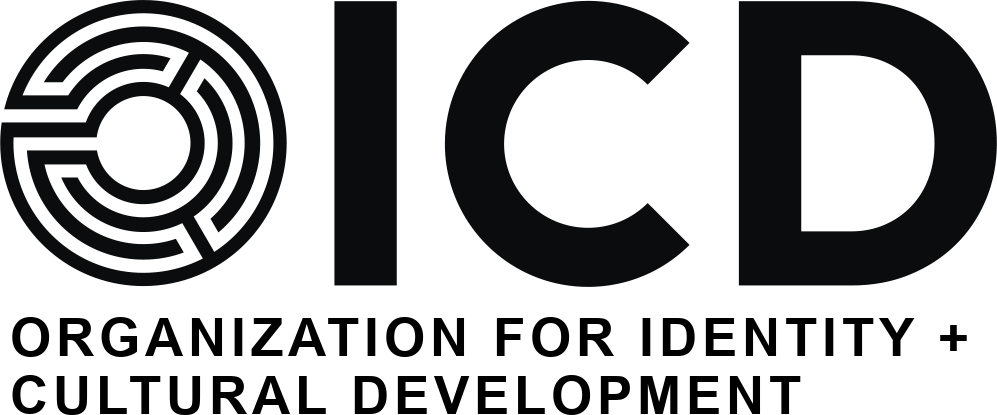Identity Literacy Program
for Educators & Schools
This comprehensive program was designed to enable teachers and schools to implement best practices in identity education recommended by the latest research.
Classroom-ready practices to increase resilience, engagement and belonging.
We work with you on
your priorities.
Whether it's meeting inspection guidelines, staff training or policy setting, we are here to help you integrate best practices.
Why is Identity Literacy relevant?
Identity literacy is an umbrella concept which enhances the effectiveness of existing initiatives in schools across evaluation criteria.
Identity literacy facilitates the acquisition of identity and cultural capital, especially for disadvantaged students, thereby increasing the capacity to apply learned knowledge. It enhances protective safeguarding measures for at-risk students and empowers teachers to deliver engaging and cohesive lessons by aligning teaching with students' values and cultures. It contributes to a safe and respectful school environment and reduces suspensions and exclusions.
Identity-literate students are able to reflect on their own beliefs, appreciate cultural diversity, and able to explore and commit to different versions of themselves. They are resilient against online manipulation and bullying, and able to adapt and express who they are creatively.
What we do
Identity Audit
An expert evaluation of policy documents with recommendations for integrating best practices and exceeding measurements and criteria.
SUBMIT A POLICY DOCUMENT FOR REVIEW
Receive a policy review for no cost. Any school policy document which relates to your priorities is acceptable.
Email [email protected] with your policy as an attachment and POLICY REVIEW in the subject of the email. Feel free to include your priorities and context in the body of the email.
Optimized Solution
We provide tailored solutions to your priorities, across professional development training, consultancy, policy and curriculum integration and support.
Contact Us
Book an online call to discuss the issues you are facing and explore how we can help.
Identity Literacy and evaluation criteria
UK OFSTED
Identity LIteracy can increase effectiveness in the four OFSTED evaluation criteria.
1. Quality of Education
- An identity literacy approach can help pupils, particularly disadvantaged pupils (including SEND), acquire the knowledge and cultural capital they need to thrive.
- Identity Literacy enables the connection of new knowledge to the most intimate form of existing knowledge - of who we think we are. This form of identity literacy has been shown to increase engagement, learning and attainment.
- Including identity literacy in professional development training allows staff to develop and deliver enhanced cohesive and meaningful content across different initiatives and increase their capacity to safeguard pupils at risk.
2. Behaviour and Attitudes
- Developing pupils' motivation and positive attitudes to learning requires teachers to understand the values and cultures of the pupils and align the learning to their meaning system.
- Creating an environment in which pupils feel safe is achieved through fostering a positive and respectful school culture. Identity Literacy is a vital lens through which this culture could be consistently and effectively propagated.
- Identity Literacy can provide the framework for building a sense of belonging and agency, thereby reducing the number of suspensions and exclusions and providing a strategic outline for how to reintegrate pupils who are returning to school following a suspension.
3. Personal Development
- Identity Literacy is a framework through which a broader provision for pupils’ spiritual, moral, social and cultural education can be drawn together in a cohesive and meaningful way. It lies at the core of the ability to recognise, and value, the things we share in common across cultural, religious, ethnic and socio-economic communities.
- It develops the ability to be reflective about beliefs and perspective on life which foster appreciation of the wide range of cultural influences that have shaped heritage. This has been shown to help develop a more nuanced understanding of, and respect for and appreciation of, the similarities and differences of others.
- Identity Literacy places focus on being able to dynamically shift between exploration and commitment in identity positions. Enabling diversity to exist within our ideas of self allows fluent use of a range of social skills in different contexts, across religious, ethnic and socio-economic backgrounds, and being able to resolve conflicts effectively.
- Effective identity education has been shown to increase resilience against divisive online messaging, manipulation, grooming and bullying.
4. Leadership and Management
- Identity Literacy has been developed from a wide variety of academic research including radicalization and counter-terrorism research. Implementing it enables the fulfilment of statutory duties such as ‘Prevent’ and the ‘Equality Act 2010’.
- Building and managing a positive workplace culture can be enhanced greatly through fostering the skills necessary to pick up on and integrate values across the workforce.
- Identity Literacy enables schools to identify pupils who may need early help, and who are at risk of harm or have been harmed, allowing appropriate and timely interventions.
- An identity literate approach enables schools to develop nuanced parent communication strategies that bridge across cultural differences and contribute towards the building of community cohesion.
Lorem Ipsum is simply dummy text of the printing and typesetting industry.
Inline Text. Inline Text.
Inline Text. Inline Text.
Inline Text. Inline Text.
Inline Text. Inline Text.
Lorem Ipsum is simply dummy text of the printing and typesetting industry.
Inline Text. Inline Text.
Inline Text. Inline Text.
Inline Text. Inline Text.
Inline Text. Inline Text.
Lorem Ipsum is simply dummy text of the printing and typesetting industry.
Inline Text. Inline Text.
Inline Text. Inline Text.
Inline Text. Inline Text.
Inline Text. Inline Text.
ADOPTING AN IDENTITY LITERATE APPROACH
Identity Literacy Challlenges for Schools and Educators
Each challenge is designed to allow immediate policy and practice implementation and covers important theories, actionable techniques, reflections and implementation within an hour or two of content.
We help you understand, absorb and implement the content of each challenge in a way that fits your priorities and capacities. Challenges can be offered through professional development training, consultation, policy review, self-study or a combination of these.
1. Inspire learning:
Boost academic performance by integrating students' identity-based interests into classwork.
2. Celebrate differences:
Cultivate connection and celebrate diversity among students through plans exploring social and cultural aspects.
3. Build resilience:
Encourage adaptability by recognizing vulnerabilities, designing action plans, and changing limiting self-perceptions.
4. Navigate conflict:
Teach problem-solving and conflict resolution using identity-based frameworks for nuanced understanding.
5. Expand horizons:
Expand students' self-concepts through exposure and connection to various disciplines like history, literature, and art.
6. Address inequality:
Build resilience against inequality by addressing gender, class, and ethnicity issues.
7. Stop bullying:
Educate students about bullying's roots and effects using an identity-based framework.
8. Embrace change: Encourage students to embrace different and changing versions of themselves.
9. Connect humanity: Instil a sense of commonality, helping students reflect on universal aspects of identity.
Outcomes
Empathy: Understanding who we are and what drives us on a deeper level enables us to understand others with compassion and overcome challenges in relationships.
Belonging:
A sense of belonging emerges when diverse identities within the classroom are recognized, valued and where we feel safe to express ourselves.
Resilience:
Encourages exploration of who we are and what we can become, thereby increasing resilience, optionality and capacity for self-actualisation.
Engagement: By incorporating student’s identities and interests into the curriculum, educators can make the lessons connect to lived experiences, enhancing active participation and overall learning outcomes.
Safeguarding:
Enable early identification of students at risk and allow strategic allocation of resources to protect and mitigate risks.
Communication: Allow schools to build nuanced and contextual parent communication strategies and effective community cohesion initiatives.
Support
One year of access to online implementation workshops where you can ask questions related to your specific problem and get support as well as network with other teachers in breakout rooms.
Consultations available to enable effective implementation in class as well as live whole-school training online.
Created by

We are an international network NGO specializing in human identity.
Our work has focused on applying academic research to transform conflict, counter divisive messaging and enable practitioners on the ground to be more effective at humanitarian missions.We define "identity" as used in human sciences - a psychological, social and neurobiological system of self-representation.
We are independently funded, politically neutral and do not advocate for identity politics.
See our work with UNESCO© OICD 2024. All Rights Reserved
Privacy Policy
